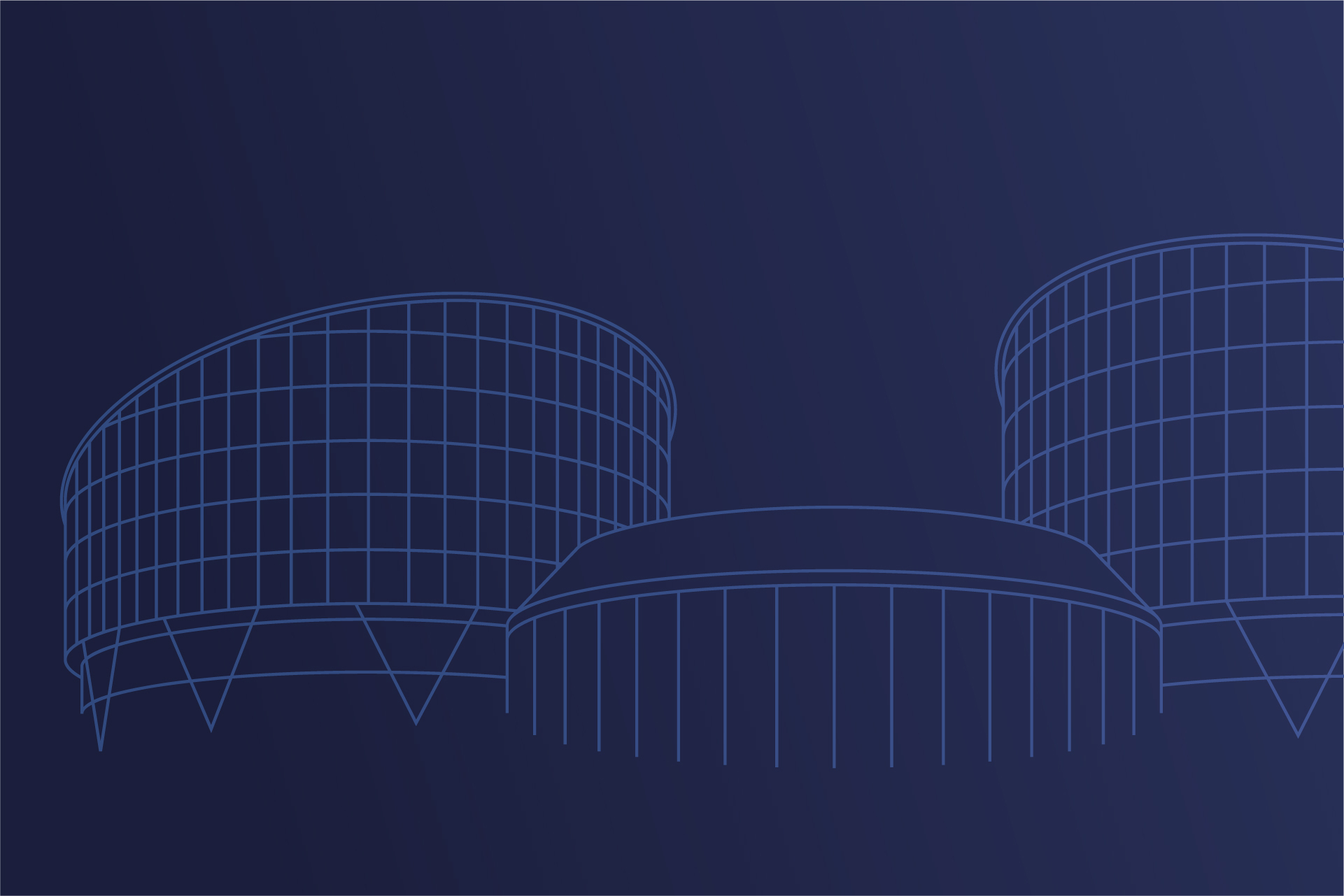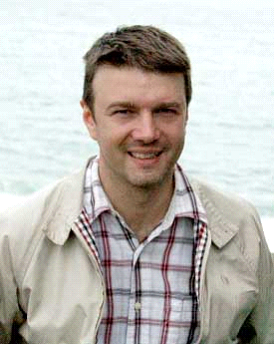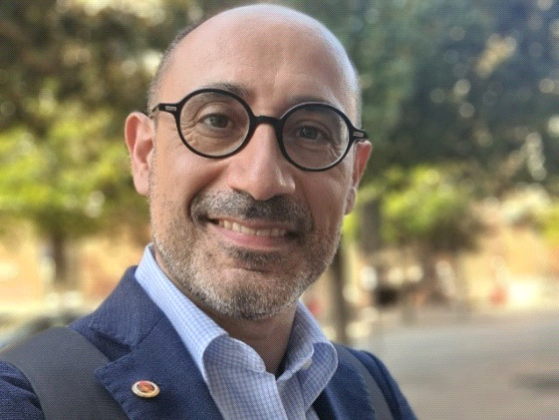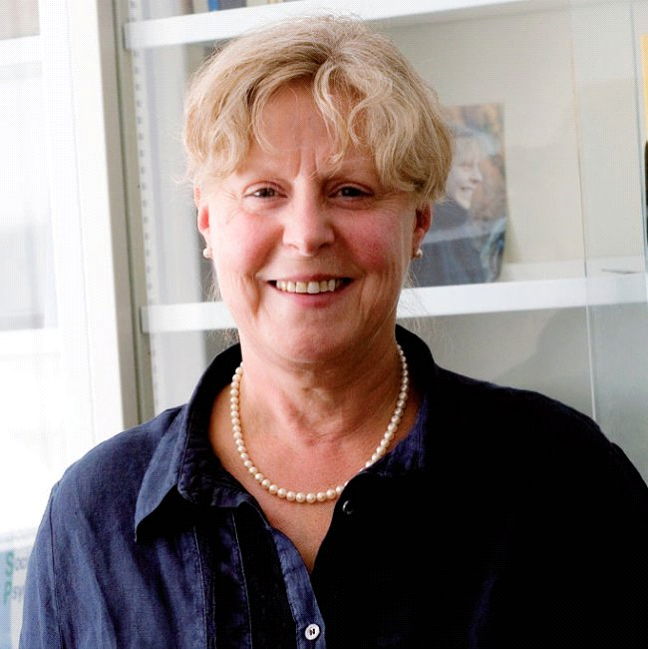Objectives
GenDJus’s main mission is to explore complex topics relating to gender and sexual justice in the judicial discourses of the following international and national courts:
- European Court of Human Rights (ECtHR)
- Inter-American Court of Human Rights (IACtHR)
- African Court on Human and People’s Rights (ACtHPR)
- Court of Justice of the European Union (CJEU)
- Corte Suprema di Cassazione (CSC)
- Corte Costituzionale (CC)
The research questions guiding the project are the following ones:
- How do judges express their decisions about sexual, reproductive and parental rights? Can prejudice, stereotypes and bias (PSB) be traced in their discourses?
- If such constructs can be found, how are these visions expressed discursively and what is their impact on the enjoyment of such rights? What can be done to eradicate such discrimination in discourse and avoid their perpetuation?
- Does international human rights law protect against gender- and LGBTIQ-based PSB, especially in the access to sexual, reproductive and parental rights?
- How can PSB impact on the freedom of movement of people and their ‘rights’ across states? How may these barriers be removed?
Material and Methodologies
The research project lies at the intersection of different disciplines and methodological approaches.
The material of the project consists in a case-law collection (see Case Law) and a trilingual (Italian, Spanish and English) comparable corpus (see Corpus) including judgments and other judicial documents (e.g. orders, dissenting/concurring opinions, etc.) by the courts under investigation, concerning sexual, reproductive and parental rights of specific gendered and sexual groups.
The corpus contains judicial texts delivered by different courts on similar issues:
- in English by the European Court of Human Rights
- in English and Spanish by the Inter-American Court of Human Rights
- in English by the African Court on Human and Peoples’ Rights
- in Italian, English and Spanish by the Court of Justice of the European Union
- in Italian by Italian courts (especially the Italian Constitutional Court and Supreme Court)
In terms of methodologies, the project combines the traditional methods of legal analysis and the quality dimension of critical discourse analysis applied to legal and judicial discourse with the quantitative dimension of corpus linguistics applied to gendered discourse.
Expected Results
The investigation of complex topics like prejudice, stereotypes and bias in sexual, reproductive and parental rights through the prism of non-discrimination has been chosen to deliver concrete results in terms of human wellbeing and trigger a thorough theoretical reflection leading to solutions that ensure a better enjoyment of human rights. More specifically, the project aims at reaching the following results:
- clarifying the definition of the rights under analysis, starting from the prohibition of discrimination, through a fair balance between the needs of specific gendered and sexual groups to be treated equally and the interests of the community in which they live as a whole;
- suggesting strategies to improve the way legal experts and, in particular, judges argue about specific gendered and sexual groups in general and, more specifically, when they address cases related to sexual, reproductive and parental rights, thus avoiding linguistic and legal discrimination;
- when the rights under examination have cross-border implications, especially with reference to the EU and the Italian legal systems, providing human rights-based solutions to complement the international private law management of relevant cases;
- making the access to justice more inclusive and fairer, while improving the efficiency of the (international, EU and national) judiciary by reducing the need for applicants to claim violations of human rights or EU fundamental freedoms;
The GenDJus project addresses primarily the following targets:
- Judges and legal professionals;
- Language experts (including translators and cultural mediators) working in national, EU and international bodies;
- Women and LGBTIQ NGOs and support groups;
- The academic community, especially scholars who work in the areas of Language and Translation, International/EU Law and Human Rights more generally;
- Policy makers, especially EU/Italian institutions dealing with justice and gender/LGBTIQ equality;
- Society at large, with the aim of raising awareness of the centrality of the issues explored by the project.








